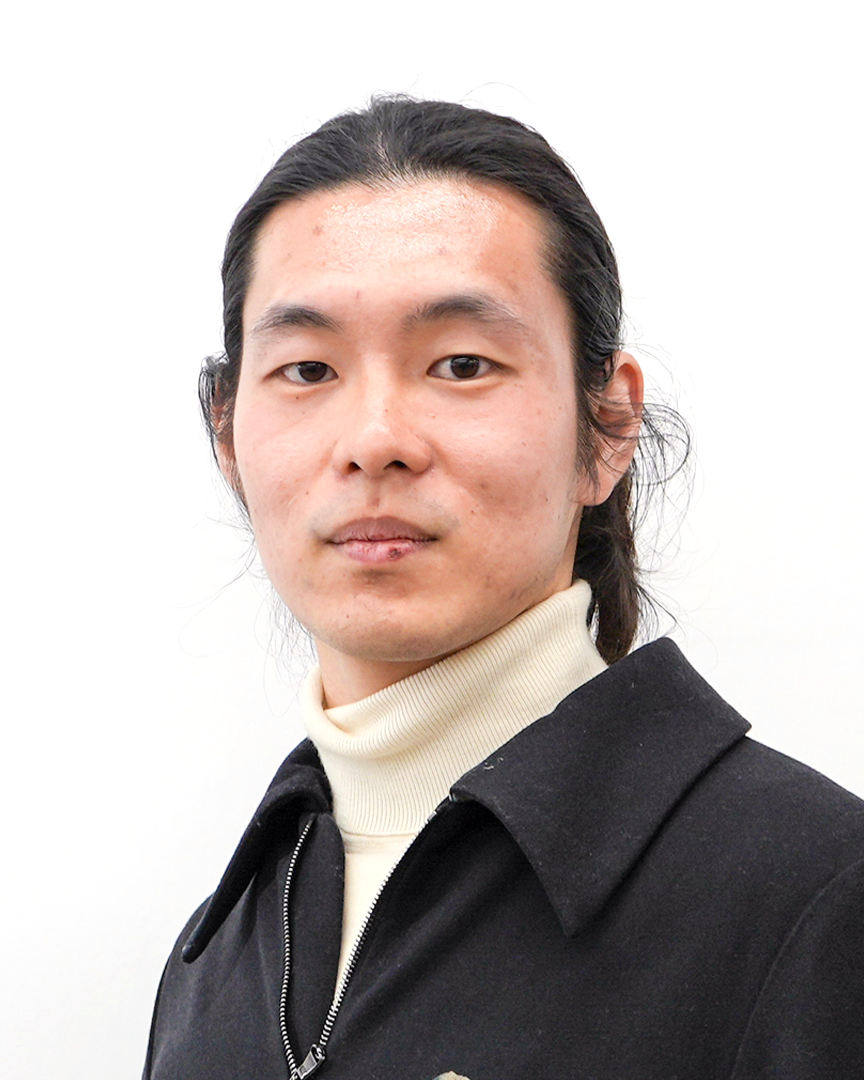
-
Kenta HORIE
Researchmap
Assistant ProfessorChiba University Institute for Advanced Academic Research / Graduate School of Medicine
Keywords
Autoimmune disease, T cell, Thymus, Thymic epithelial cells, T cell education, Bioinformatics
Professional Memberships
Japanese Society for Immunology
Research Theme
Institute for Advanced Academic Research/Graduate School of Medicine

Abstract
Daily exposure to environmental changes can lead to physical or psychological stress, which can affect various physiological functions. In particular, the immune system can be impacted, contributing to the development of various diseases, such as systemic lupus erythematosus, rheumatoid arthritis, and infectious diseases. However, the underlying mechanisms remain unclear.
T cells, a type of immune cell, play a crucial role in our immune system by selectively eliminating “non-self” entities such as pathogens. They acquire the ability to discriminate between self and non-self during their differentiation in the thymus. Thymic epithelial cells located in the medulla region (mTECs) play essential roles in this process. If mTECs are dysfunctional, T cells which react to self-tissues may be produced from the thymus, leading to autoimmune diseases. Therefore, understanding the plasticity or reversibility of mTECs in response to stress is important in the development of treatment for autoimmune diseases.
In this research, I investigate the effects of lifestyle and stress on the thymus at the molecular level using experimental and informatics approaches. By providing novel insights into a lifestyle- and stress-related immune dysregulation, we will develop novel therapeutic and preventive strategies for these disorders. This research may ultimately lead to the development of targeted treatments for individuals suffering from lifestyle- and stress-related immune disorders.
